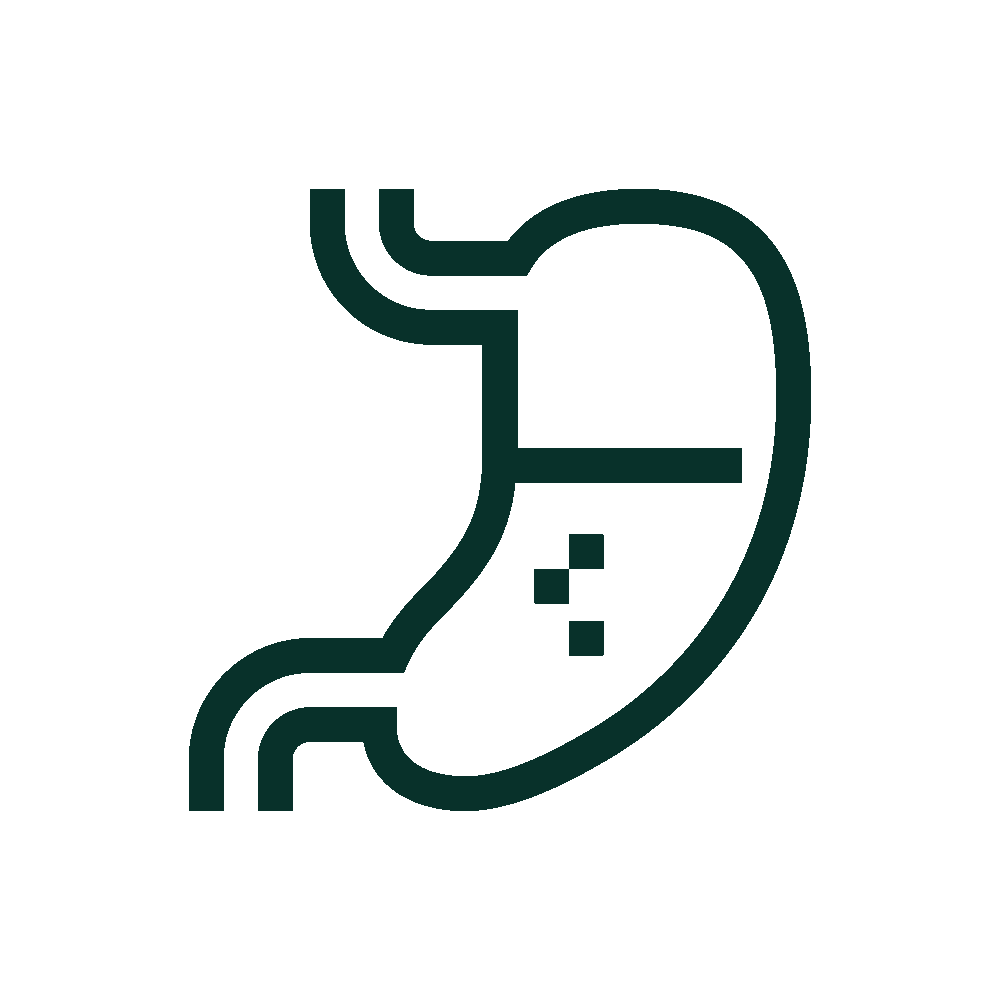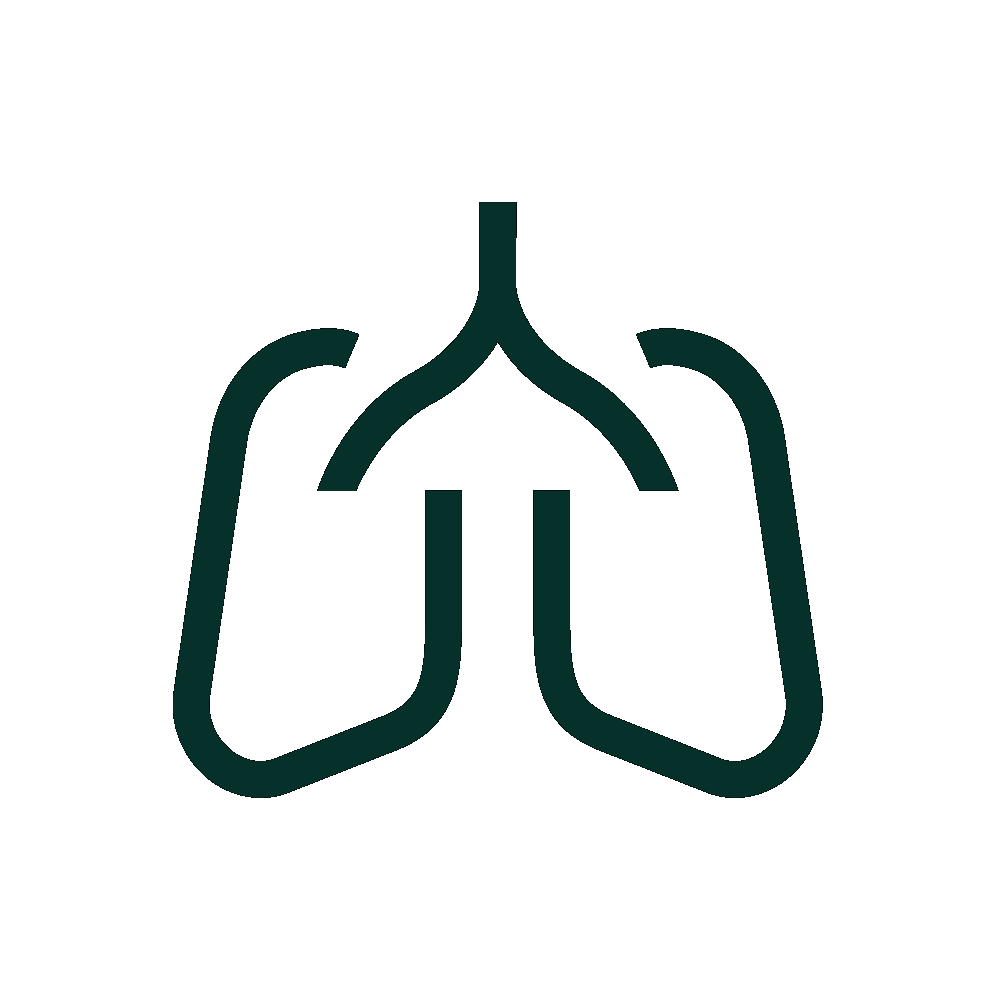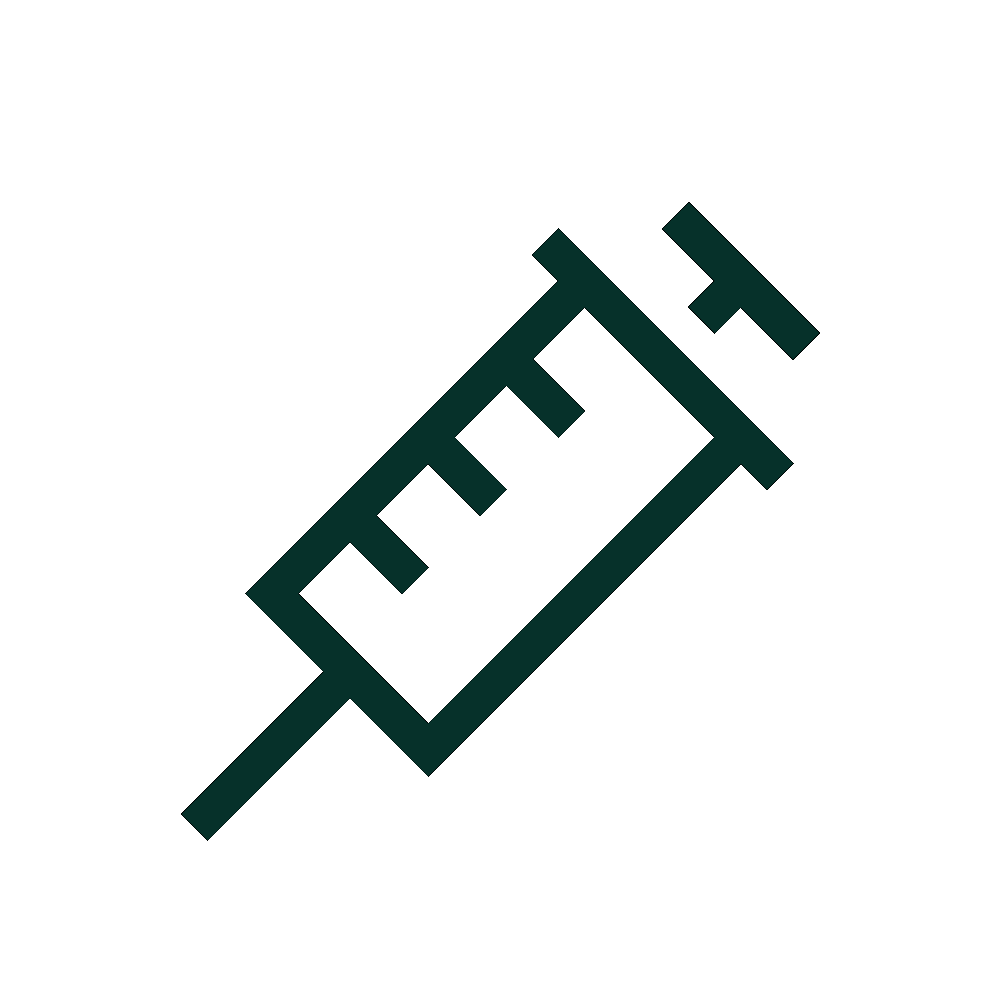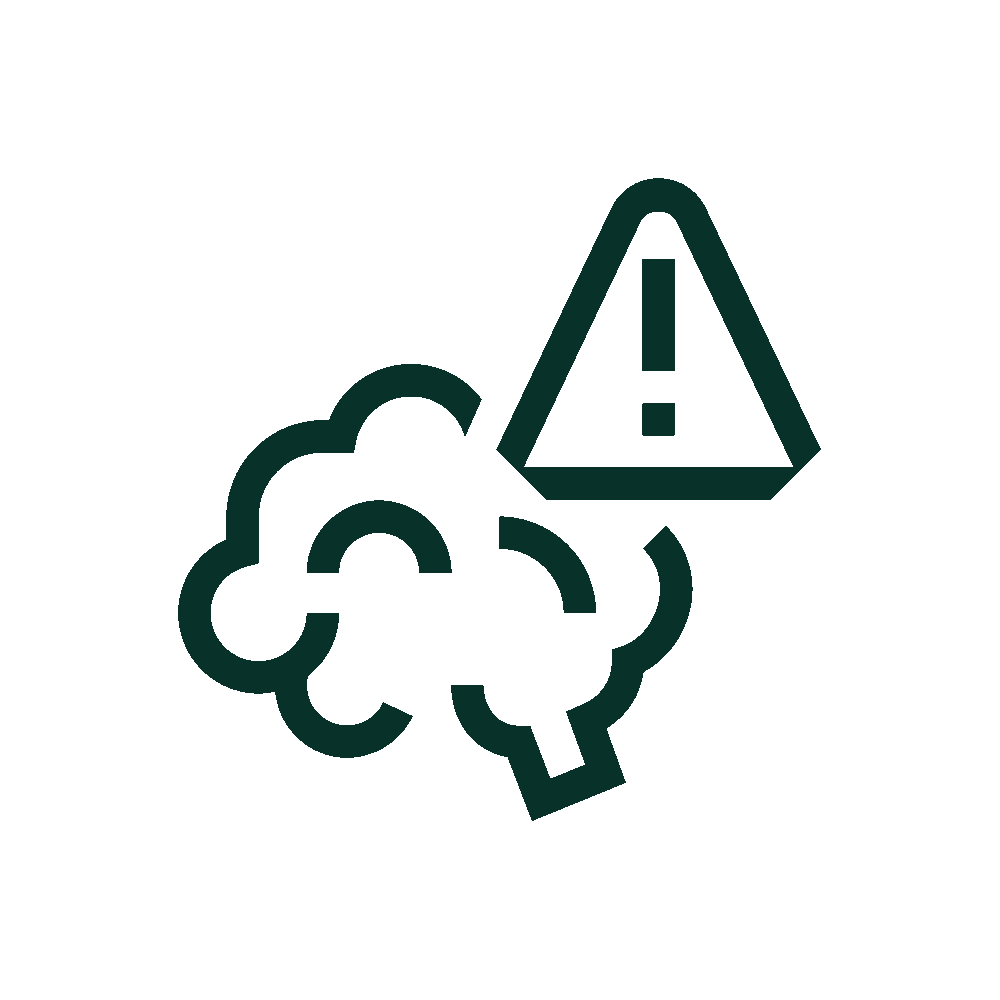Plan Ahead to Protect Against Disease
by Boehringer Ingelheim / May 17, 2024
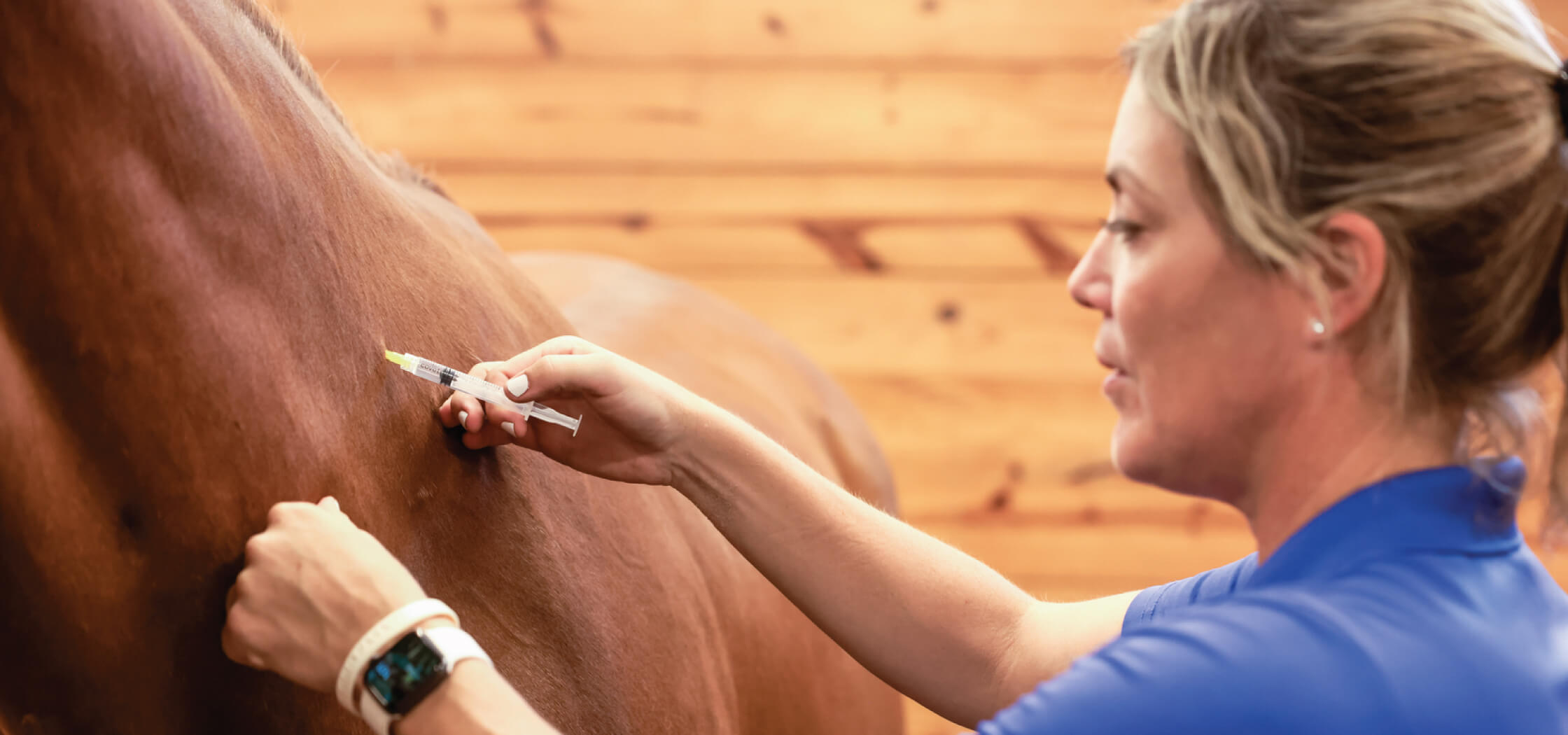
The Importance of Having a Vaccination Strategy for Your Horse
Boarding your horse in a barn with other horses can sometimes be like sending them to day care – think runny noses and germs flying everywhere. Many air-borne respiratory pathogens can be present, whether horse owners realize it or not. Equine influenza (EIV) and equine herpesvirus (EHV) are respiratory diseases that can affect a horse’s health and performance. The good news is that the effects of these diseases may be mitigated with the help of vaccinations and good barn biosecurity practices. It’s important to develop a vaccination schedule tailored to each individual horse’s work, travel and show schedule to maximize efficacy.
Build a Vaccination Strategy
As horse owners, we are aware of the value and necessity of vaccinations. However, strategically planning the timing of vaccinations may help to optimize your horse’s response to infectious diseases. Knowing the science behind vaccination strategies and timing your horse’s vaccinations accordingly can help your horse stay in top form year-round. This strategy of preparing your horse’s immune system for potential disease exposures ahead of time can be referred to as preconditioning.
Understand Optimal Timing
While every horse is different, typically, it will take up to two to three weeks for the horse’s immune system to mount a peak immune response following vaccination. This time may vary, depending on the previous vaccination status of the horse, age, type of vaccine, as well as the horse’s overall health condition at the time of vaccination. Using this information, horse owners should try to strategically time their vaccinations to ensure the horse is appropriately protected against disease prior to their first event, horse show or exposure at these events. For example, say you were leaving for a horse show on a Sunday but waited to vaccinate your horse until the Friday before. On paper, your horse may appear up to date on their vaccinations, but they have yet to develop an optimal immune response, leaving them potentially susceptible to disease.
“Day 0 is when you give that vaccine, but usually, around day 14 is when you’d expect your horse to have a resulting peak immune response,” said Scott Hancock, DVM, Professional Services Veterinarian at Boehringer Ingelheim. “Depending on the time of year, you would either vaccinate three weeks before the event takes place, or administer a booster, based on the amount of time since the initial vaccination and where the horse is going.”
Anticipate Disease Exposure
Even if your horse isn’t leaving the property, it’s still important to develop a vaccination plan. “Just because the horse isn’t going anywhere doesn’t mean he can’t get encephalitis or West Nile,” says Dr. Hancock. “Mosquitoes have backpacks, and they will travel.” In addition to mosquito-borne diseases, there is always a chance that a new horse or two gets added to the herd that may be ill or horses that do travel may carry a disease back when they return, such as EHV or EIV.
Work With Your Veterinarian
Ahead of vaccination season, look at your horse’s schedule and any scheduled events to develop the most effective plan. Communicate with your veterinarian about where your horses are going and when. Your veterinarian will also look at the data and duration of the immunity provided by the vaccine, keeping in mind that each horse is an individual with a different immune response.
“If we thought ahead, and the horses were immunized and maybe even boostered a couple weeks before they head out to their events, the instance of them breaking with these diseases would be significantly less,” concluded Dr. Hancock.
©2025 Boehringer Ingelheim Animal Health USA Inc., Duluth, GA. All rights reserved. US-EQU-0120-2024
